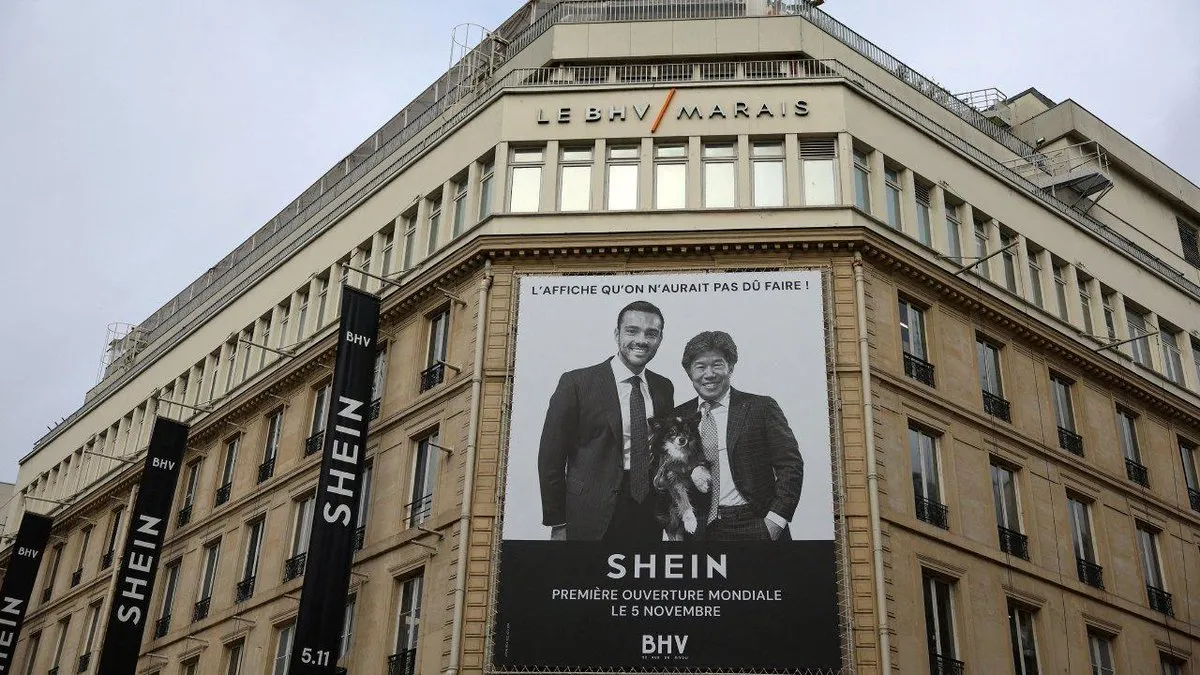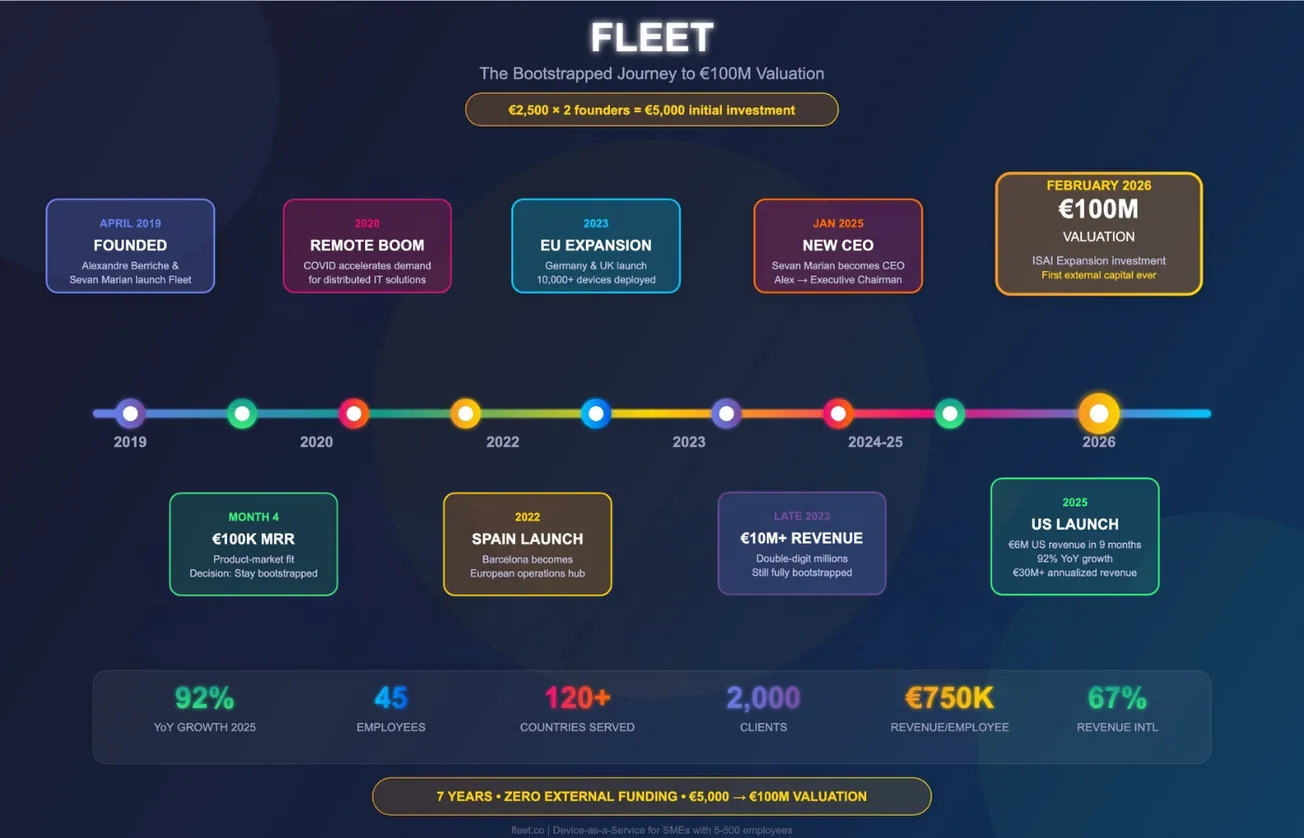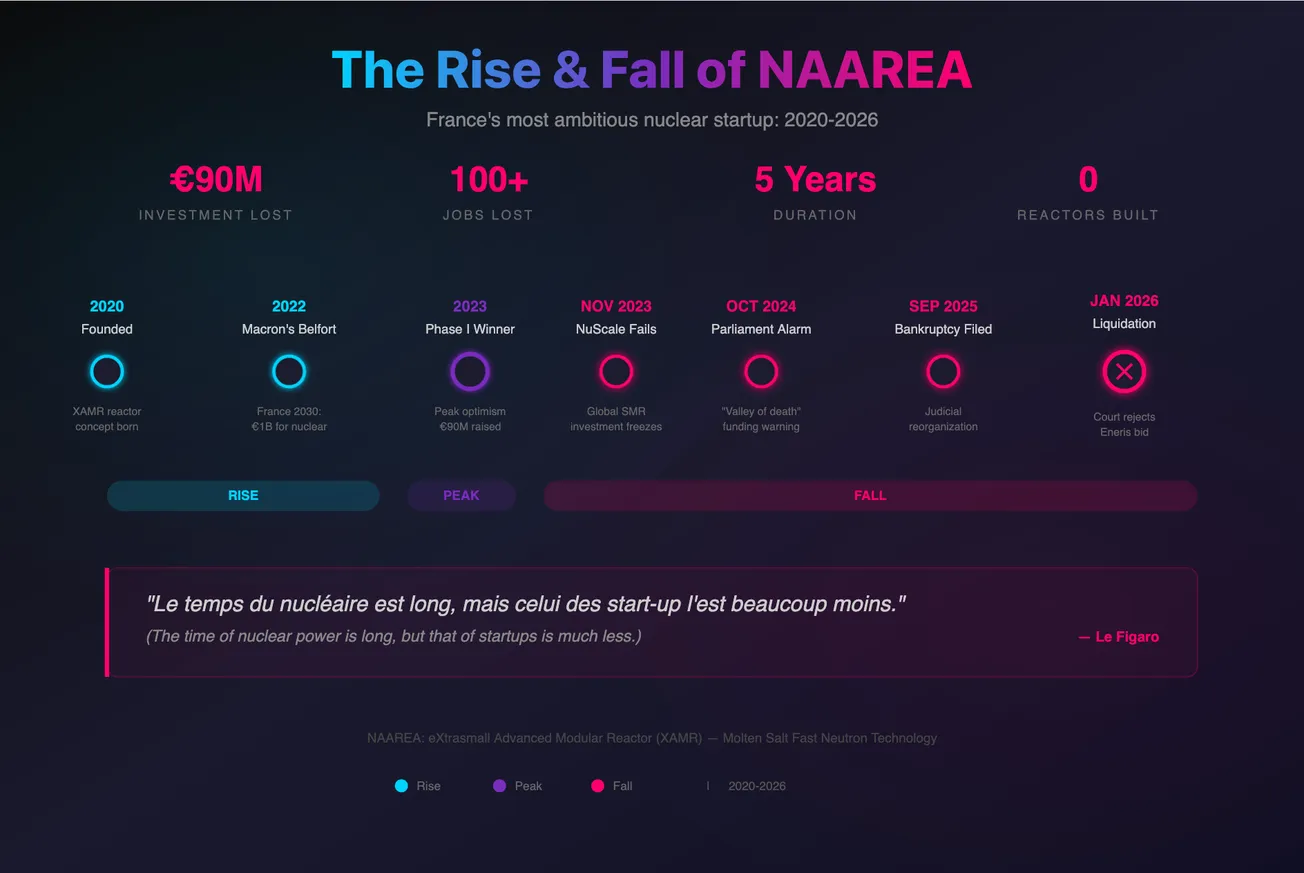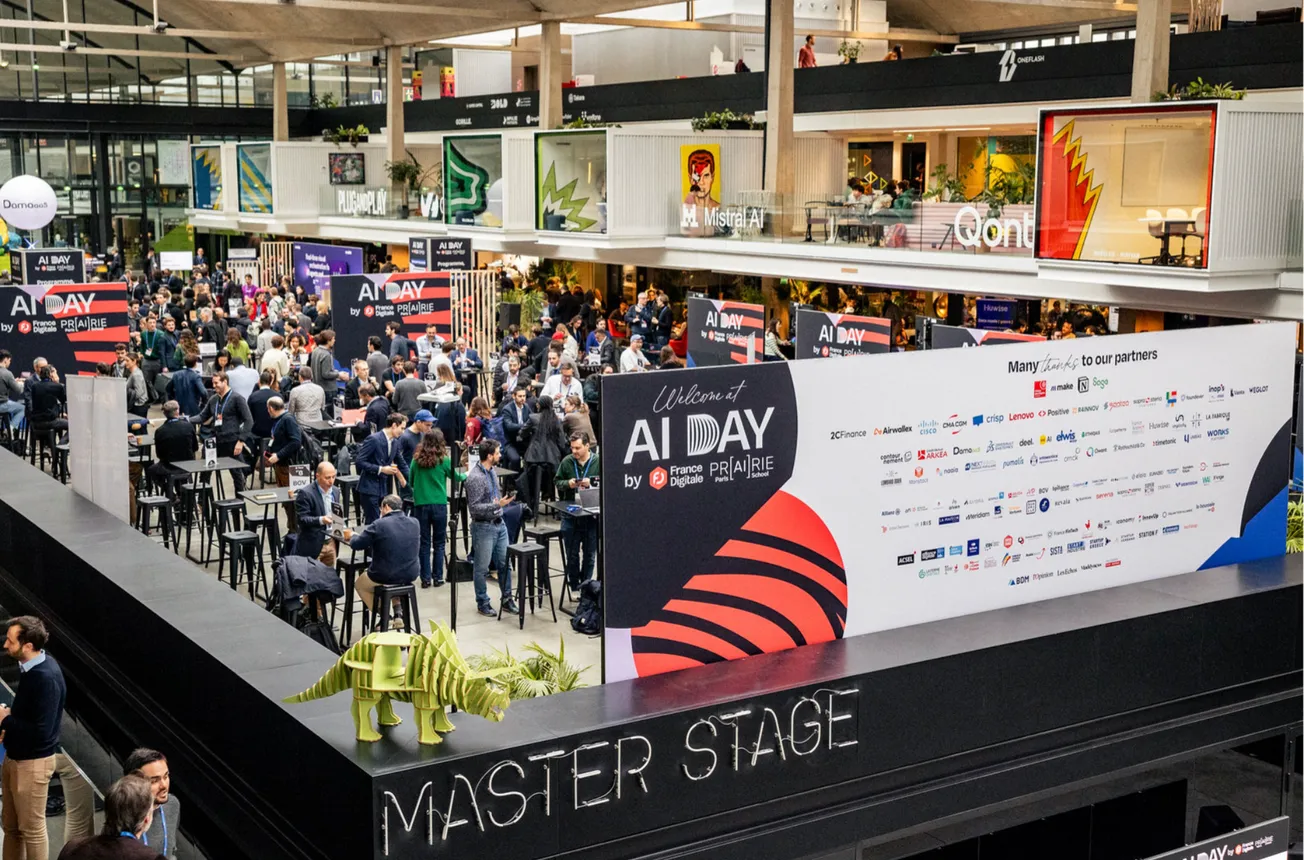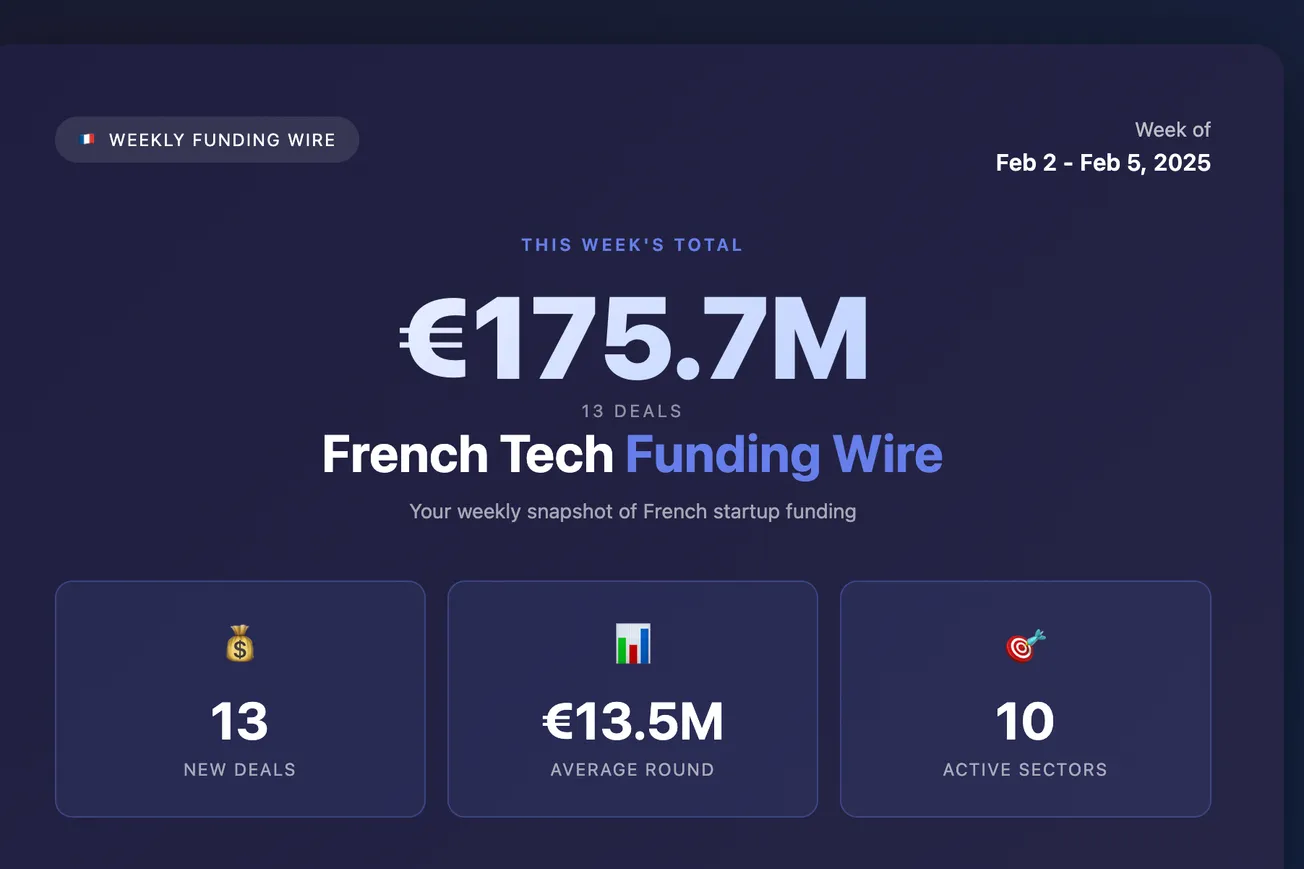🗣️ Special Edition | Shein, Sex Dolls, and Fast Fashion: The Great French Retail War of 2025 Begins
A controversial partnership between legendary French retailer BHV and the Chinese low-cost retailer erupted into a cultural and economic fight. Amid Paris protests and a government crackdown on illicit goods, France faces a reckoning over algorithmic commerce and its principles.
